What to do if you find something
If you find something while you are out and about, or even while you are at home in your garden, that you suspect to be archaeological in nautre, try and take a picture of it in-situ (undisturbed where you found it) before you move it or clean in. The context in which an object was found may hold important clues to its nature or the site it is from. Also, try and note the location as carefully as possible – GPS devices, even on a smartphone, can be very handy in doing this.
I have found a metal object: If you find a metal object, check to see whether it falls under the Treasure Act. You are legally obliged to report objects that fall under this Act to the local coroner within 14 days of discovery. The Portable Antiquities Scheme explains what happens next (page 11 onwards).
If it does not fall under the Treasure Act, but it was found on the foreshore, it may be classed as a ‘wreck’ rather than Treasure, and legally must still be reported. If you are not sure, contact the Reciever of Wreck.
If is not Treasure, and not from a wreck, see the next section for more information.
I have found a non-metal object: If you find something that doesn’t count as Treasure or wreck material, please report it to the Portable Antiquities Scheme (PAS). Your finds will not be taken away from you as the PAS would only like to record information about what you have found. Reporting procedures and answers to any questions you may have can be found in their FAQs.
I have found something while diving: You are leagally obliged to report your findings to the Reciever of Wreck within 28 days, or else you may be issued a fine. Please see here for guidelines on reportable material.
Cleaning and looking after your object: Some pottery and flint can be gently washed in water, and loose dirt can be brushed off. Do not try to remove corrosion from any surfaces, and do not use abrasive surfaces or polish as this may wear away important details on the surface of the object. If the object is of a natural material such as wood, keep it as you found it – if the object was waterlogged, keep it in water rather than let it dry out, and if it was found dry, keep it dry.
A PAS Finds Liasion Officer will be able to offer more advice on your specific object.
I have found an archaeological site: If you have found structures or clusters of objects that you believe form an archaeological site, please report these as well.
If it is in a coastal area or underwater, please get in touch with us and we may be able to provide more information or pass your enquiry to the relevant authorities.
If it is on land, please get in touch with the PAS Officer for your region, who will be able to advise on next steps.
Resources for Divers
If you dive wrecks and other underwater heritage sites, or have dived them in the past, please consider sharing what you know with the project so we can make the information publicly available. Divers and dive clubs are contributing to the work of the MAT in many ways, if you would like to join them, you can find out more about how your data will be used in document one of the pack below.
Below are information sheets and forms that have been created for the use of divers and dive clubs. The Maritime Archaeology Trust would like to thank individuals and organisations who have allowed us to adapt and incorporate previous relevant materials (acknowledged within the PDFs).
